What my running group taught me about church
the future of church is agile, networked community
‘Yay, running!’
That’s what we say when we start our Saturday runs. We meet in a parking lot somewhere - the local grocery store or coffee shop - and everyone trickles in, stretching, adjusting our watches and clothing, getting in a last minute pit stop. Milling around, chatting about our weekends.
But we have to start running at a certain point.
A liturgist to my core, one of my contributions to the group is a ceremonial sendoff - the moment we move from a set of individuals involved with our own routines to a unified pack, heading off to conquer weather, hills, and miles together for a couple of hours.
We huddle in a group, stretch out our hands, and say, ‘yay, running!’ The ‘work of the people’ has begun.
Our group - the ‘Cornelius Crawlers’ - is a central part of my life.
I spend hours with these people each week, in a very vulnerable space. We’re pushing our bodies to work harder, and sometimes its not pretty.
We struggle - and triumph.
We share a lot about our bodies - everyone has various ailments, injuries, or situations at times. There’s occasional running for the bushes. We share the state of various muscles and organs with each other. There’s snot and spit and sometimes blood.
When I fell running a few years ago, one of my running group friends literally gave me the shirt off his back to soak up the blood pouring from my face.
It bonds us.
Between runs, we keep in touch via a chat app.
The chat group has about 60 people in it. About 10 of us show up for our Saturday runs - sometimes more, sometimes less. There’s a core group that’s pretty regular. Some of the others show up every once in awhile. Some people never come - they’re just there for the camaraderie.
We occasionally have new people - they join because they’ve been invited by a member, or maybe they met us somewhere else. Just last week someone approached us at the coffee shop post-run (we were pretty obvious!) and asked if he could run with us. We added him to the chat group.
Each of us has other connections through running, too.
Some belong to more than one running group.
In fact, when we meet up Saturday mornings, there’s at least three other running groups meeting there, and a couple of cycling groups.
Even though we’re all running, groups have their own character. They form organically.
Some have dues to belong - used for tshirts, for coaching clinics, for race entry fees. Some have sponsorship deals from running or cycling companies.
Lots of us have coaches, trainers, physical therapists, nutritionists, chiropractors and the like that we see to help us run better.
We also go to the gym, or Soul Cycle, or follow online programs like Peloton or Dynamic Runner.
Each of these has its own kind of community.
(we also pay for these services).
Running with the Crawlers has taught me this about church:
The agile, networked, interconnected community model can build ministry and discipleship in a way that traditional congregational ministry can’t.
In fact, I’d argue this is what is actually happening in the church today.
We can use this framework intentionally to build the future of church:
Most worship communities are small, organic, and local.
Worship is a place we share our souls together in sacrament, Scripture and song. We all participate in such a way that we grow closer to God and one another (Liturgy literally means ‘the work of the people’).
We’re bonded into a unified whole from a distinct group of individual believers. The worshiping community provides the activity and space to share the state of our souls - from the glorious to the struggling - and where we are in our walk of faith.
Worship happens every Sunday, but we don’t expect everyone. Members feel comfortable and connected being present weekly, monthly, a couple times a year, maybe not at all.
There is a robust, meaningful digital connectivity that supports the participation in the ‘main event’ - Sunday worship (whether you are there or not).
Buildings are used by multiple worship communities. During the week, they’re used for different purposes (incidentally, wherever the Crawlers meet up, we have coffee there after the run. Which is why the grocery store/coffee shop encourages us to park there early on Saturdays).
Each individual member may belong to multiple worship communities. This is highly encouraged.
Worship groups may charge ‘dues’ (subscriptions) to pay for clergy, or building upkeep, or spiritual ‘coaching’ or Bible study.
Worship communities may be ‘sponsored’ by a diocese, denomination, or grant.
Members of worship communities also tend to their own spiritual lives in other ways: Bible studies, spiritual direction and counsel, books, podcasts, music; discipleship groups, retreats, spiritual practices. I call these ‘faith practitioners’.
For these, they see other faith practitioners who may have their own communities. Who may be tied to a particular worship community or set of communities. Or not.
Faith practitioners are paid for their services - including worship leadership. But instead of one minister being ‘in charge’ of the community, ministers are engage by the community for a specific set of ‘practices’.
Some ministers just offer one thing (like worship leadership with multiple different congregations, or as a funeral or wedding ‘specialist’, etc.) some can bundle their services and provide worship leadership, discipleship development, spiritual direction, Christian formation, Bible study, etc.
It’s an informal, organic, interconnected network of worship and prayer, discipleship and service, sharing the faith.
Guided by ministers, with each member growing in their own spiritual life, and sharing in community.
It’s free of heavy organizational, hierarchical, administrative infrastructure.
It’s grounded in 21st century systems - agile, networked, interconnected, technology-driven.



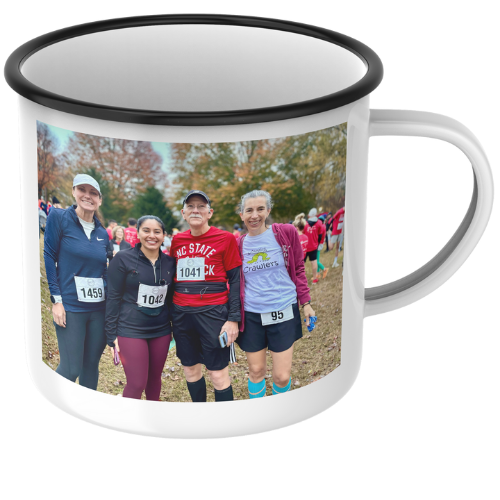
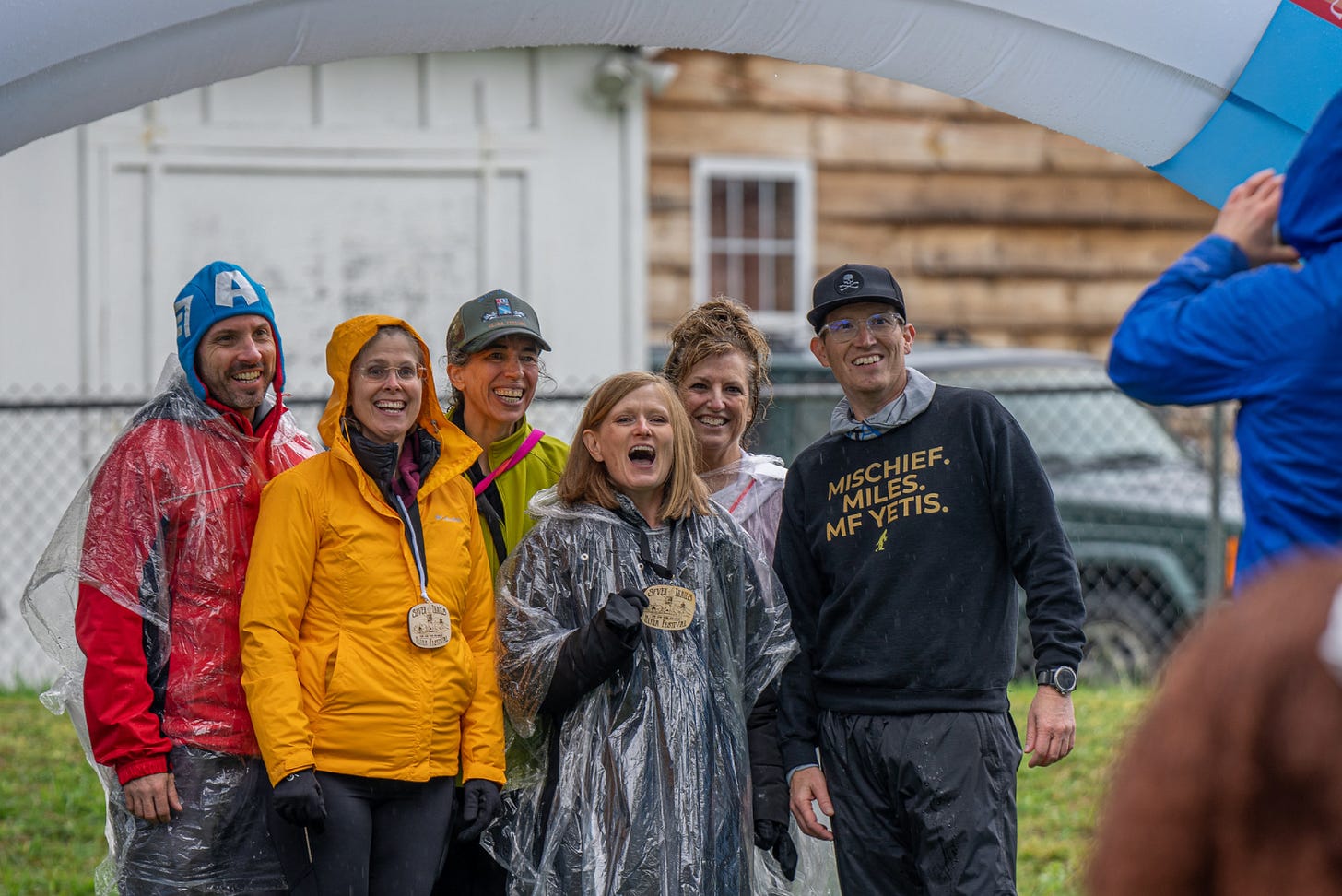
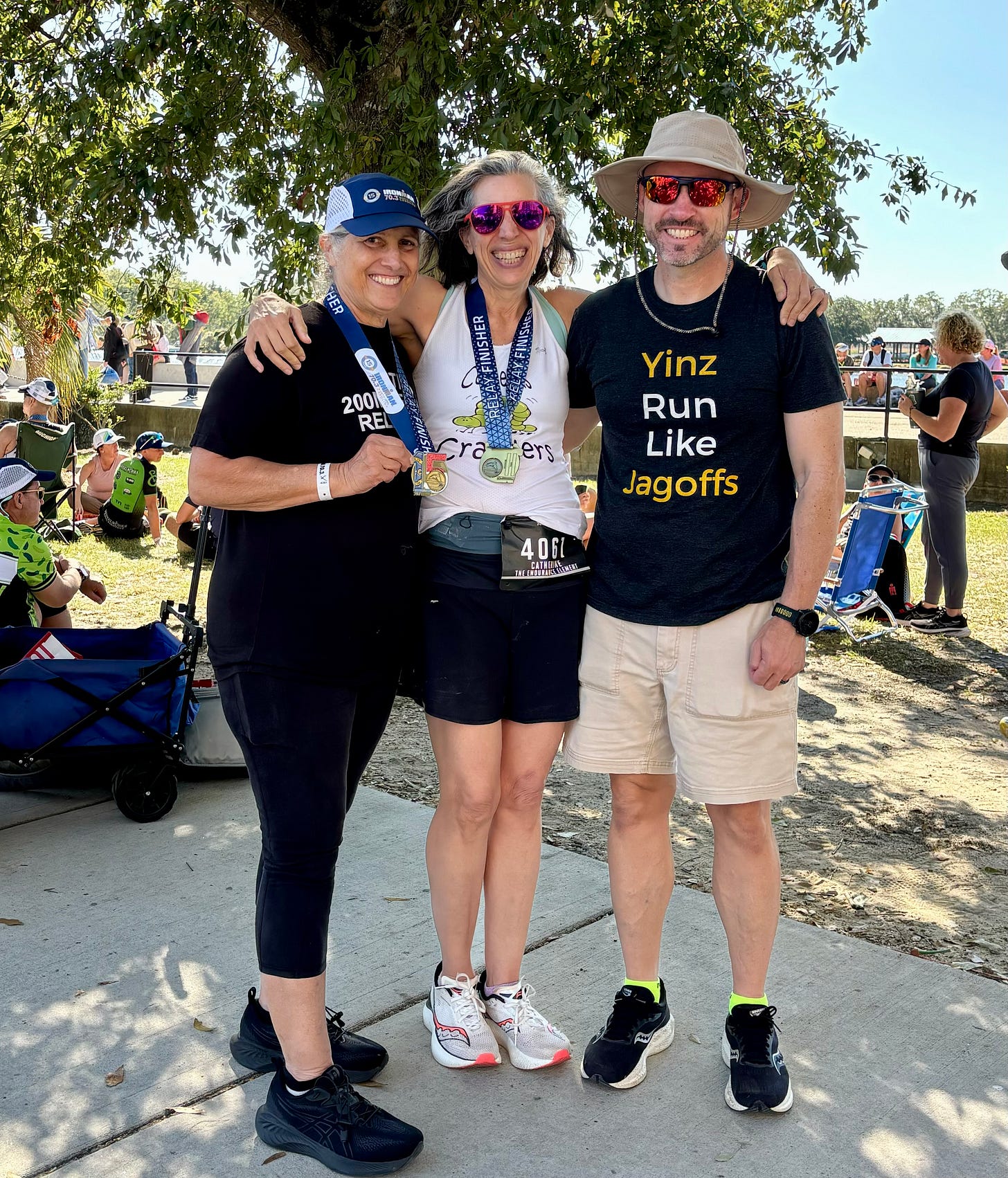
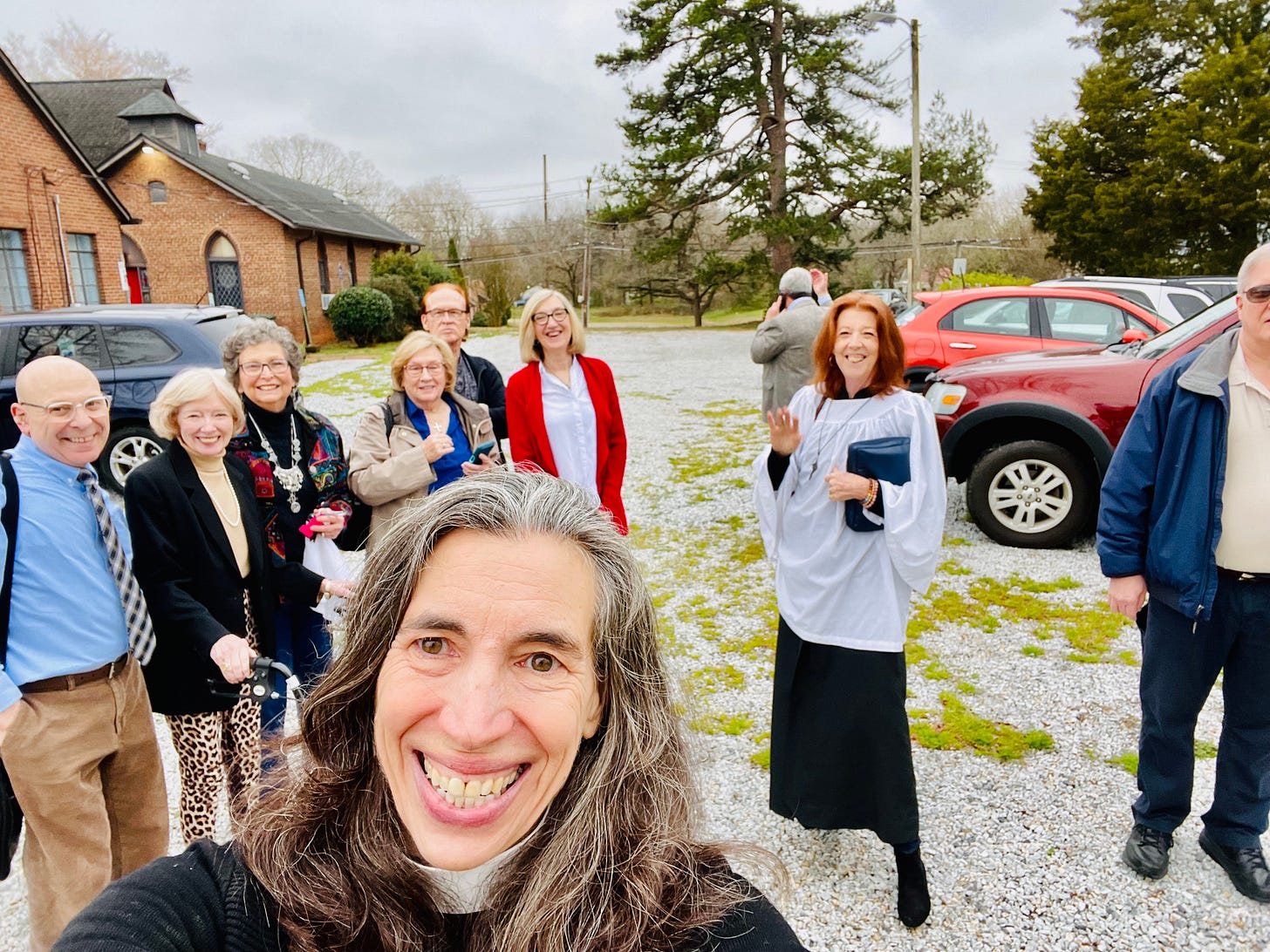
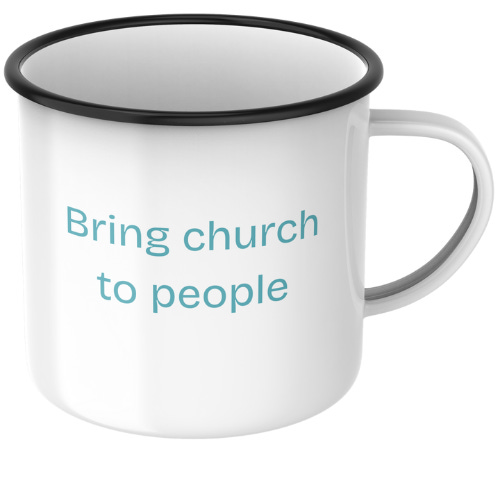
I love everything about this!!!